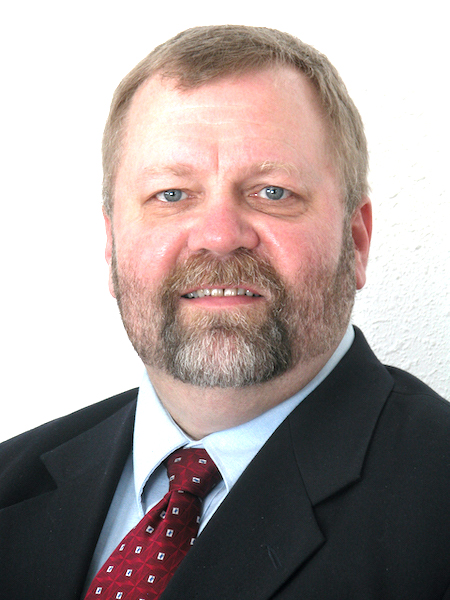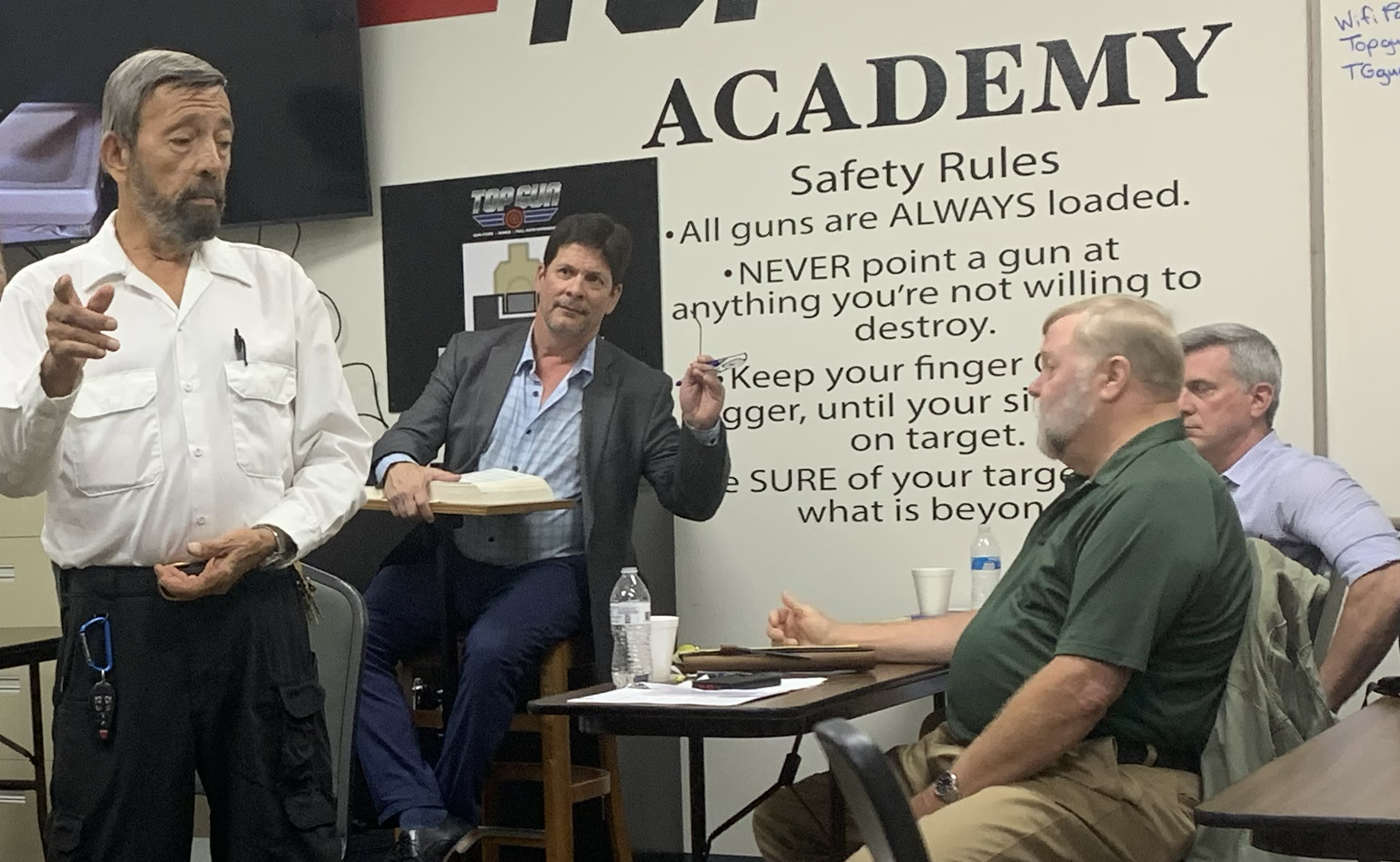
by Marty Hayes, J.D.
In September, I had the pleasure of assisting Mas Ayoob in putting on a Deadly Force Instructor course, hosted by Will Dougan at his Top Gun Academy, in Memphis, TN. It was a pleasure to “get back in the saddle” after having to skip the last two offerings due to medical issues. This class, with 18 eager students was particularly homogeneous, with folks coming from all over the country to come together to be certified as deadly force instructors. The course was developed back in about 1997, when Ayoob and I put our heads together and came up with a curriculum to train police firearms instructors in this discipline, to better advise and train their students. Over the next few years, we held a couple more classes at the Firearms Academy of Seattle (the training range my wife Gila and I owned), then took a break for several years, and then brought the program back several years ago. With the passage of time, the curriculum changed, and instead of targeting law enforcement firearms instructors, we changed the curriculum to be more relevant to the growing industry of the concealed carry license instructors, now literally hundreds of times larger than it was in the mid-1990s.
This class is not about teaching the statutory and case law applicable to the student/instructor’s individual jurisdiction. Given that there are 50 separate sets of statutory laws, along with state appellate courts and the federal courts ruling on specific self-defense issues, it is impossible to cover every local jurisdiction. Instead, the curriculum is divided into three separate categories. The first is going through the Massad Ayoob Group teachings on when generally it is acceptable to use deadly force in self defense for the armed citizen. Secondly, there is a deep dive into what it takes for a firearms instructor to serve as an expert witness in the courts, speaking for the armed citizen being prosecuted. We really need more quality experts in our world of the armed citizen. I have seldom reviewed a self-defense case where an expert wouldn’t have been helpful to explain questionable or conflicting information to the trier of fact (judge or jury).
Lastly, the class includes a full day of mock trial, in which the students play roles in the courtroom drama, to give the students an inside look into the criminal justice system trying an armed citizen accused of murder. In course critiques, the students overwhelmingly rate the mock trial as the most valuable part of the week long class. In the photo, the Deadly Force Instructor class takes a deep dive into courtroom procedures. Here, Ayoob (left) and Hayes (right) argue over an objection about demonstrating the Tueller Drill before the court. Lloyd Crawford (center), the student serving as judge, sustained Hayes’ objection. The jury could not come to a unanimous verdict, resulting in a hung jury.
Prerequisites call for students to be previous Massad Ayoob Group graduates, or current instructors in the discipline of teaching firearms to the armed citizen, or members of the Armed Citizens Legal Defense Network. Check the Massad Ayoob Group website for a schedule of upcoming classes.
Network to Appeal Ruling to WA Supreme Court
After studying the ruling set down by the Washington State Court of Appeals, Division II, we believe that there is good and substantial reason to appeal the ruling to the next level. At issue in our minds, is the court ruling that an act of self defense is NOT an individual choice taken by the armed citizen, but instead a hybrid act involving “determinable contingencies” (the facts and circumstances leading to the decision to use force is according to the court being the determinable part) and the contingent part being the legal consequences of pulling of the trigger. Does this sound a little sketchy? Yeah, it does to us, too. In our appeal, we will need to explain the nuances of use of force in self defense to the state supreme court, if we get a chance.
I say that because the court doesn’t automatically hear appeals. They may read the ruling and decide without argument or additional briefing that the appellate court ruled correctly. We can only hope that the court will be open minded enough to want to clarify this aspect of WA state law. We expect that this process will take up to a year before we are able to get a ruling. In the meantime, we will be taking steps to modify our program to be in-line with the court of appeals ruling, after which we can then re-open for new member enrollment in WA state. Stay tuned for further developments. To read the Aug. 29, 2023 ruling, click here Armed Citizens’ Legal Defense Network v. Washington State Insurance Commissioner, Wash: Court of Appeals, 2nd Div. 2023 - Google Scholar .
